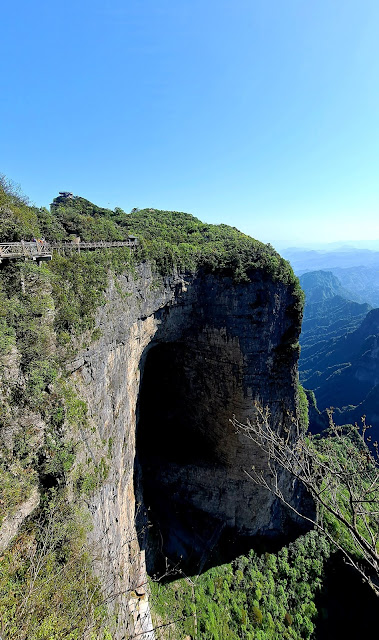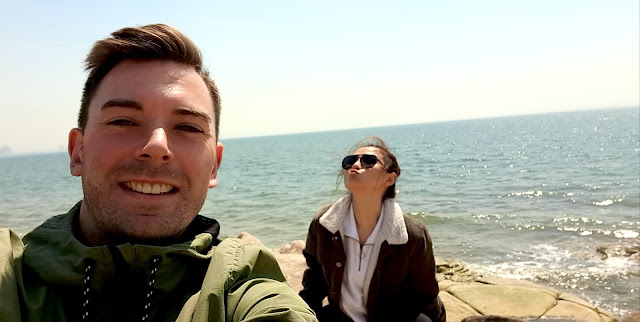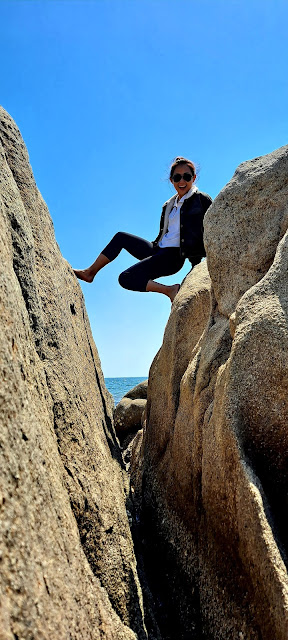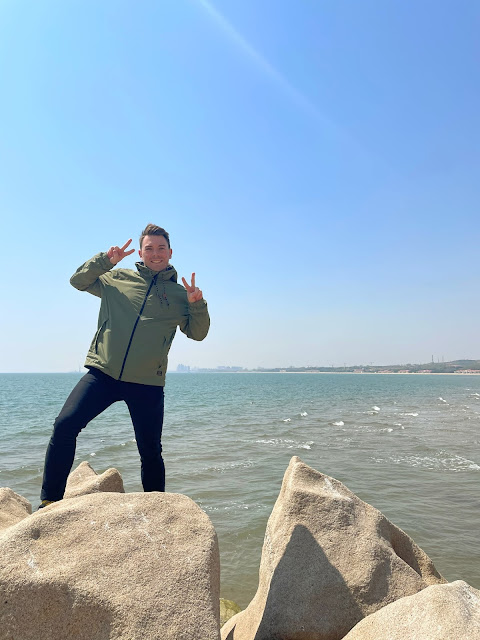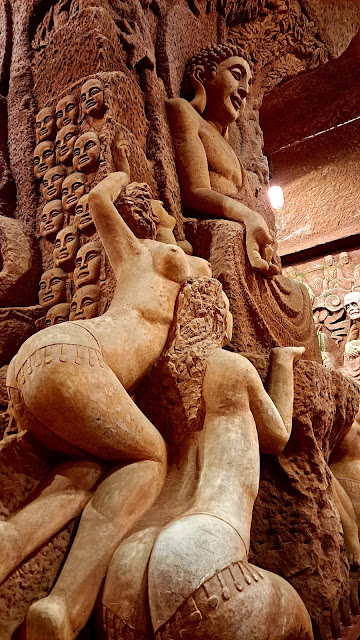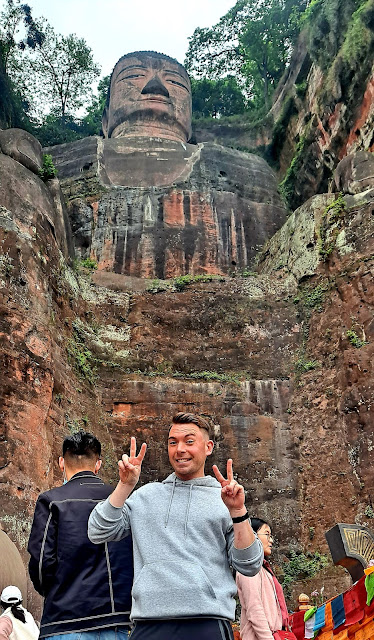We recently just celebrated the Labour Day holiday here in China and were fortunate enough to get a 5-day break! However, China has this weird system that you must work back days in order to get them off for the holiday, so we had to work the Sunday before and the Saturday after. It makes no sense, but I guess that’s where the Party’s hard-working nature comes from. They couldn’t possibly let you enjoy free time with your friends and family without making you have to work for it.
Anyway, Hannah and I went down south to Hunan province. Since I’ve been in China, I’ve wanted to take a trip to Zhangjiajie (been in China 4 years and still pronounce this wrong every time). Zhangjiajie is famous for its national parks, especially Wulingyuan Scenic Area which is where James Cameron filmed the 2009 film Avatar. I watched the movie back when I was at university and haven’t watched it since. That’s not to say it’s a bad movie, but it’s about American troops invading a foreign land in order to extract valuable resources, which sounds oddly familiar.
Hannah booked our flights to depart on the Friday afternoon at 17:20 without asking me. This caused an issue as I was due to work until 16:30. I had to message the head of department in the morning and say I was “sick”, but I’d still come into work because I don’t want to let anyone down, however, I’d need to leave at precisely 14:00 as that’s when I’ll be feeling my worst.
Zhangjiajie is a “small city” for China that has a population of about 1.5 million people. That’s a good understanding of the magnitude of China’s population as this small city has more people than Estonia’s and Iceland’s entire population combined.
On our first morning in Zhangjiajie, we woke up early to beat the crowds and went to explore Tianmen Mountain. Its most famous point is Heaven’s Gate, which started as a cave before the rear collapsed now forming a hole in the mountain. It has 999 steps leading to the top which is known as the stairway to heaven. The rest of the park can be explored on an elevated walkway that slithers around the top of the cliff edges. Looking over the side makes your legs feel weak and your stomach sink and you look at the 200m drop. A perfect place for a murder I imagine as you can push your enemy over the fence and blame an accidental trip or unexpected wind. Something to bear in mind anyway.
Tianmen Mountain takes half a day to explore, so after lunch, we took a bus north to the Zhangjiajie National Forest Park to see the famous “Avatar Mountains”. We tried to beat the crowds on the Sunday morning, but there was no way of avoiding it. We queued for the Bailong Elevator, literally "hundred dragons sky lift", which is the largest outdoor elevator in the world at 326m high (which is quite a unique claim) and got pushed as people shoved past to get centimetres closer to the people in front. In that situation, you either act like a local or you just give up and go with the flow. I don’t have it in me to act like an inconsiderate Chinese tourist, so I just walked with the crowd shaking my head in disbelief every 15 seconds. We got in the lift and it rocketed us up to the top of the tall, slender mountains. The views were epic and once you could break free from the crowds it became enjoyable.
The sun was shining, the views were spectacular, and around every corner was another rock formation that just took your breath away. It was incredible and the picture will never do it justice, you will just have to go yourself to understand the true beauty (but try to avoid public holidays).
The park is huge and spans 12,000 acres, which means that it’s possible to get away from the crowds. There are so many trails and walkways that are just free of people. It seemed that the Chinese tourists weren’t willing to explore these trails unless there was a guarantee of there being a souvenir shop to purchase some at. We spent the remainder of the day blissfully walking the trails and enjoying the delights that China has to offer.
As we continued to explore the clouds lifted and we got to enjoy the mist-covered mountains. It was another spectacular sight that we were lucky to enjoy. Fortune favours the brave.
On the final day trailing the park, we headed for the only part we hadn’t explored - the Gold Whip Stream. It was part of the park that offered a different perspective of the mountains. We walked along the peaceful stream and marvelled at the enormity of the mountains around us.
It’s a truly magical place that you should visit if given the opportunity (I know it’s not so easy now in a COVID world). Along with Guilin, it’s one of the most beautiful places I have visited in China, if not the world (even with the pushy locals). I didn’t see any Avatar aliens while I was there, but you might get luckier on your visit.





